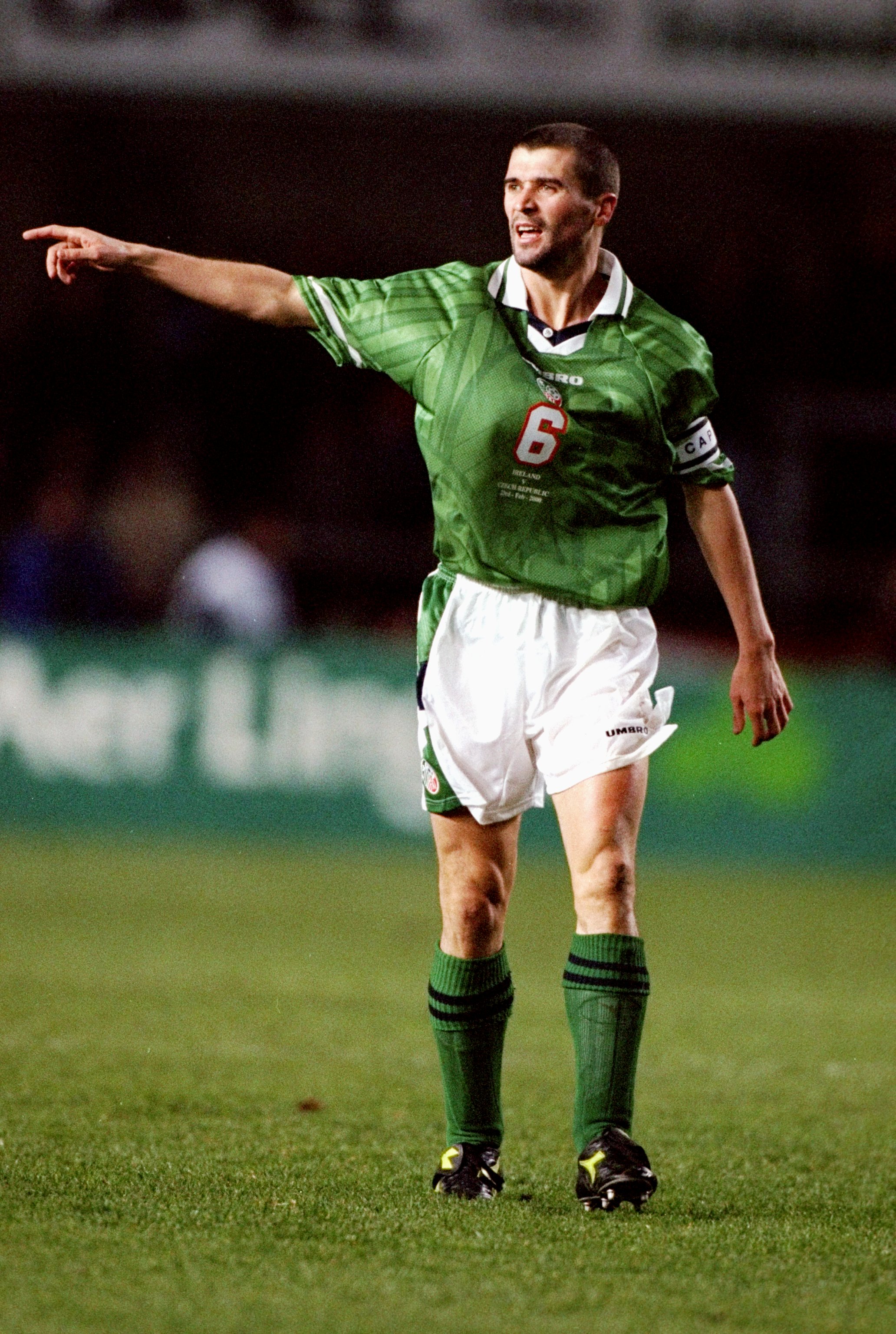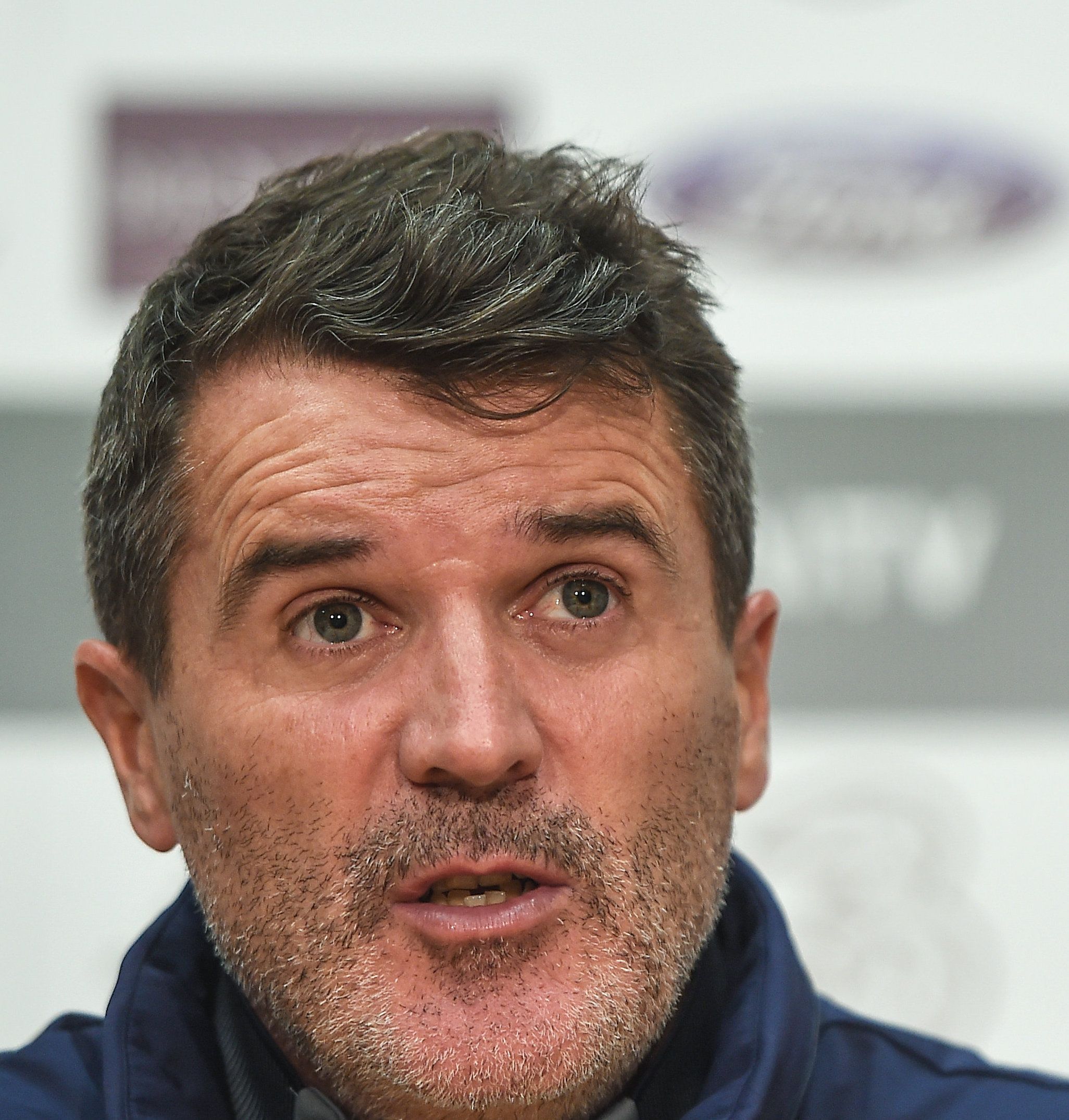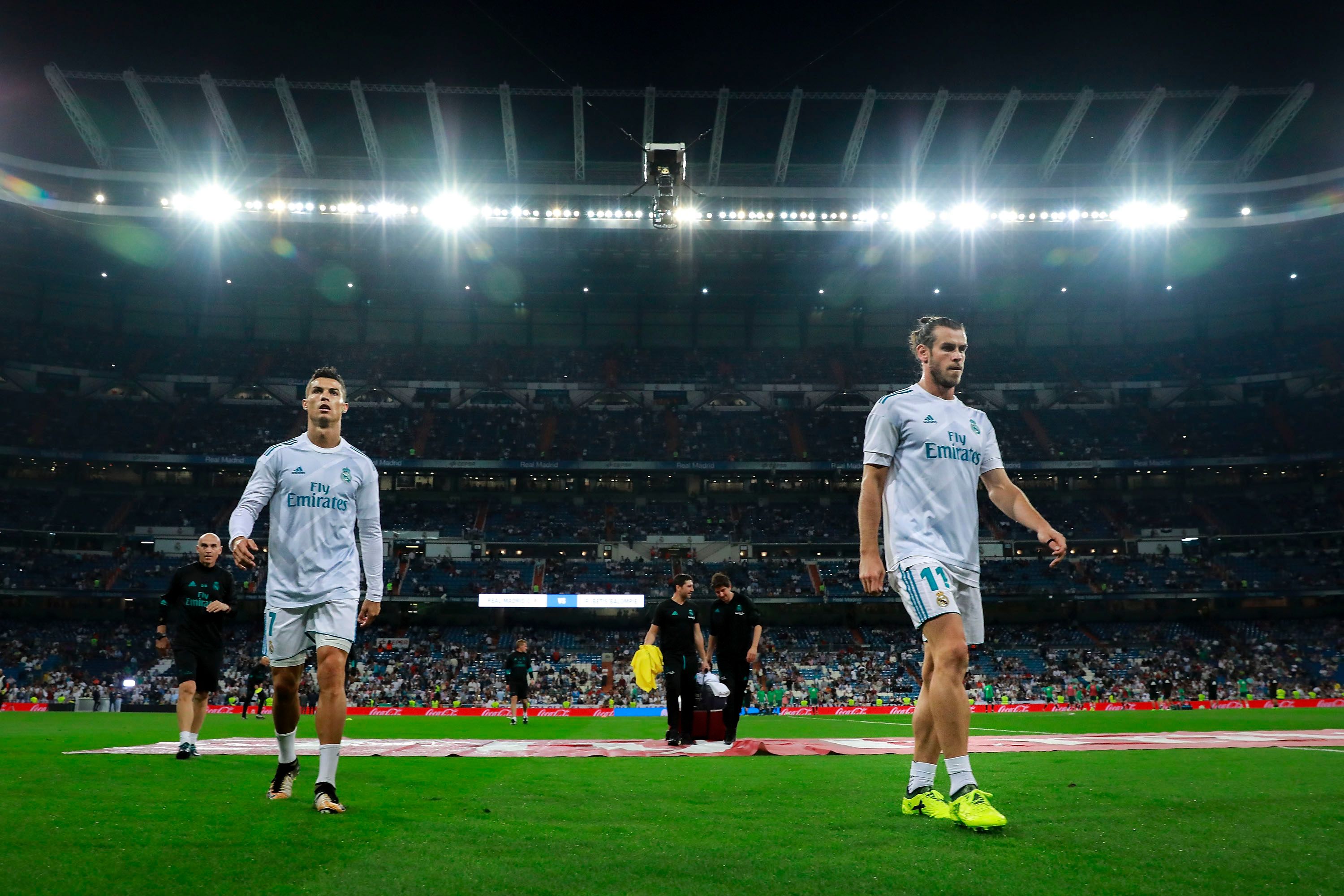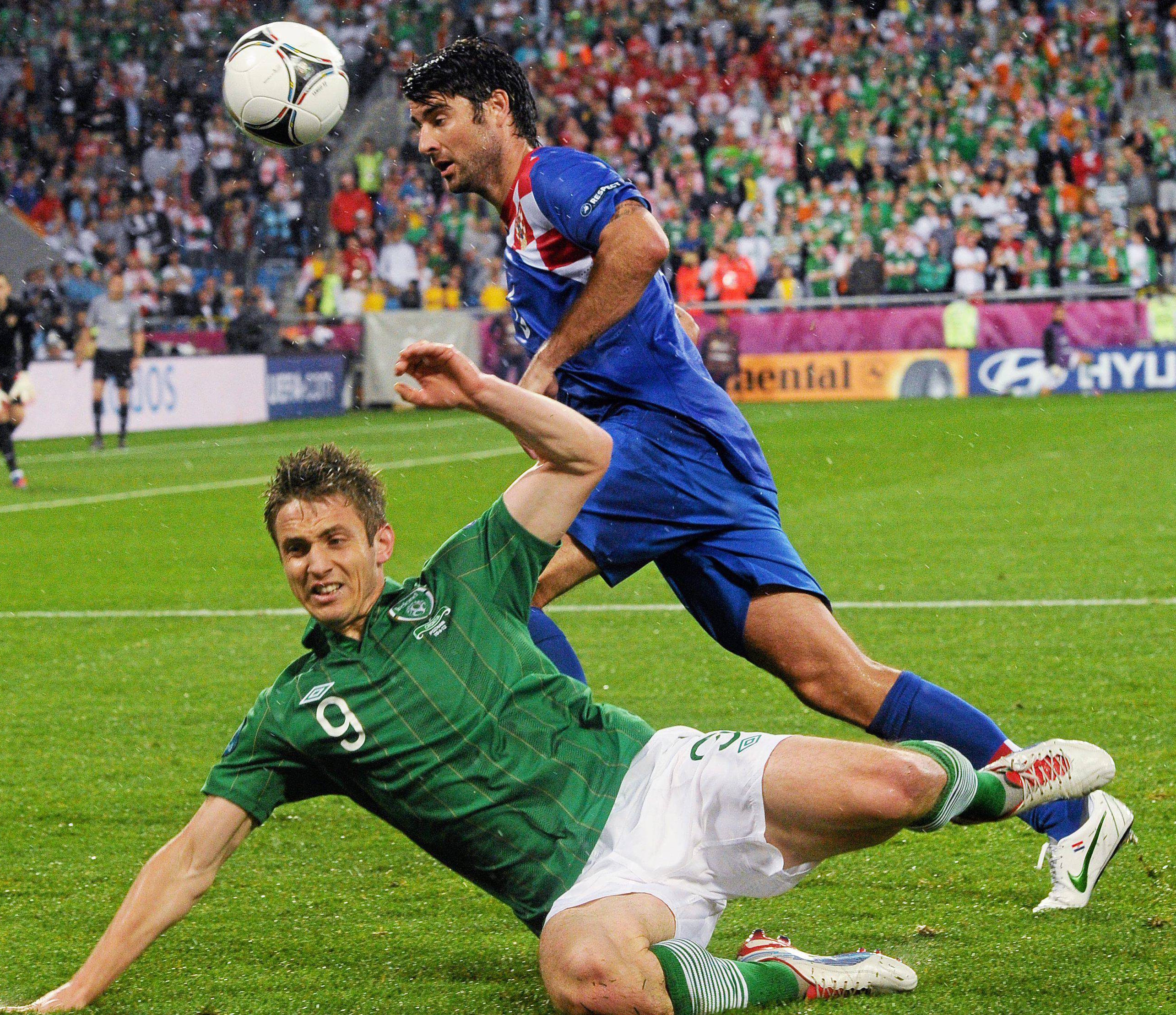

Share
4th October 2017
08:01am BST

If this message was delivered to professional sportspeople, it would be difficult to see Roy Keane disagreeing. Football for him is a world where those who triumph will endure the hell and the bastards. while spotting the bullshit.
Keane’s role in the Irish set-up appears to be the man who delivers these key messages, to underline in public the hardness and unsentimental core of football. Keane reduces everything to abstractions, which once may have seemed like the great themes. He can sometimes suggest these abstractions were the foundations of his career as if there wasn’t a lot more to what he did than hunger and desire.
At other times, he can bristle when he is cast as some kind of hitman when the truth is he was a lot more than that. More importantly, when we talk about Keane’s career, we tend to still mean his playing career, even if it is more than ten years since he retired.

Keane is two years younger than Antonio Conte, six months older than Mauricio Pochettino, but when he speaks it is with the authority of what he did as a player, not what he has done - and some of it is wrongly overlooked - as a manager.
The hardness, the suggestion he can give of being unfeeling, carries menace because it seems to replicate the message he brought on to the pitch as a player, when menace was an important part of his armoury.
Those messages for a manager are as good as useless, but Keane has yet to find a way to bring people with him which is the trick a manager needs to pull off. So far he has been unable to make that leap, to be believable as anything other than the attack dog,
The traffic he drives to the FAI’s website and social media channels may justify his salary as Ireland’s assistant manager, but sometimes it is hard to understand what else he does. O'Neill has always praised his contribution and takes Keane's counsel, but he makes the big decisions, In a football world which depends so much on personality, the FAI have no other stars, they have nobody who can make people pay attention, which is difficult enough during international weeks when people seem to decide they’ll take a break from football.

Keane can make people pay attention, which is probably why it was a good thing he was on the schedule the day it broke that Gareth Bale would miss the final two games for Wales.
He would see it as a betrayal of every aspect of his code to even hint that this was a good thing for Ireland, even if it is.
Bale may have been Wales’s only world-class player but Ireland are perfectly capable of not beating a side containing no world-class players. Keane was here to deliver the message that there would be no complacency and, he confirmed when asked, that there had been no buzz when the word came through.

"I think that you are way off the point here, talking about a buzz. This idea of a buzz and that we were going around knocking each other's doors and hugging each other. Jaysus, it’s not…I think Wales got results before without Bale. Did he miss Serbia and miss one or two games and they got results?”
Ireland will still need to win their two games and 2017 has suggested that will be difficult no matter who plays for Wales.
“I don’t know why there’s this idea that when a player’s missing it can create such a story and people would think there’s a buzz going round.” Keane said, before returning to the idea of a buzz.
“A buzz? That shouldn’t be in your mindset as a footballer if you see a player missing for his country, any team, that you’re getting some sort of enjoyment out of it. Far from it. I’m sure I spoke to you before the Welsh game and you were on about Bale. I thought it was a good challenge for our lads to be up against some of the best players in the world. The fact he’s missing doesn’t create any sort of magic from us. It’s still going to be hard.”
It will always be hard for Ireland and Keane will always stress the hardness.
His comments on concussion on Tuesday may have been more nuanced than the standout line about playing chess instead if the physical side of sport concerns you, but even when given context they still follow a familiar line that injury and risk are “part of the game”, that this is a hard world. It may be no less brutal a line for being the truth as Keane sees it.
“Whether it be hurling, football, American football, you see the rugby lads, it’s part of the game,” Keane said. “When you cross that line, there is an element of risk involved.”
Keane was kind and generous in his tribute to Doyle - “your health is your wealth” - and he has always been good with players who find themselves in those situations, his insights informed by his own injury struggles and the reality of coming to terms with retirement.

The reality of Ireland’s group is now Keane’s concern. When it was put to him that Ireland might do better without the mental idea that there is a safety net, that now they have to win, he wasn’t so sure.
“I kinda wish we had a safety net,” he said, smiling. “It would be nice if we needed a draw from the next two games. but the way things have panned out with our last few results… you’re talking about the next two games but, I’m not going to keep apologising, I’m just looking at the next game. Because unless we get something in the next game the last one is irrelevant.”
In the next one, there will be no James McClean or Robbie Brady who are suspended or Jon Walters. “Yeah, I didn’t even mention them…the buzz we had this morning is gone now,” he said and laughed again.
The next two games will affect some views of Keane as a management figure, but he rarely does anything to alter the opinion that he is a man with old-fashioned and rudimentary views. It is a world he understands, a world where there are no excuses and no safety net.
Explore more on these topics: